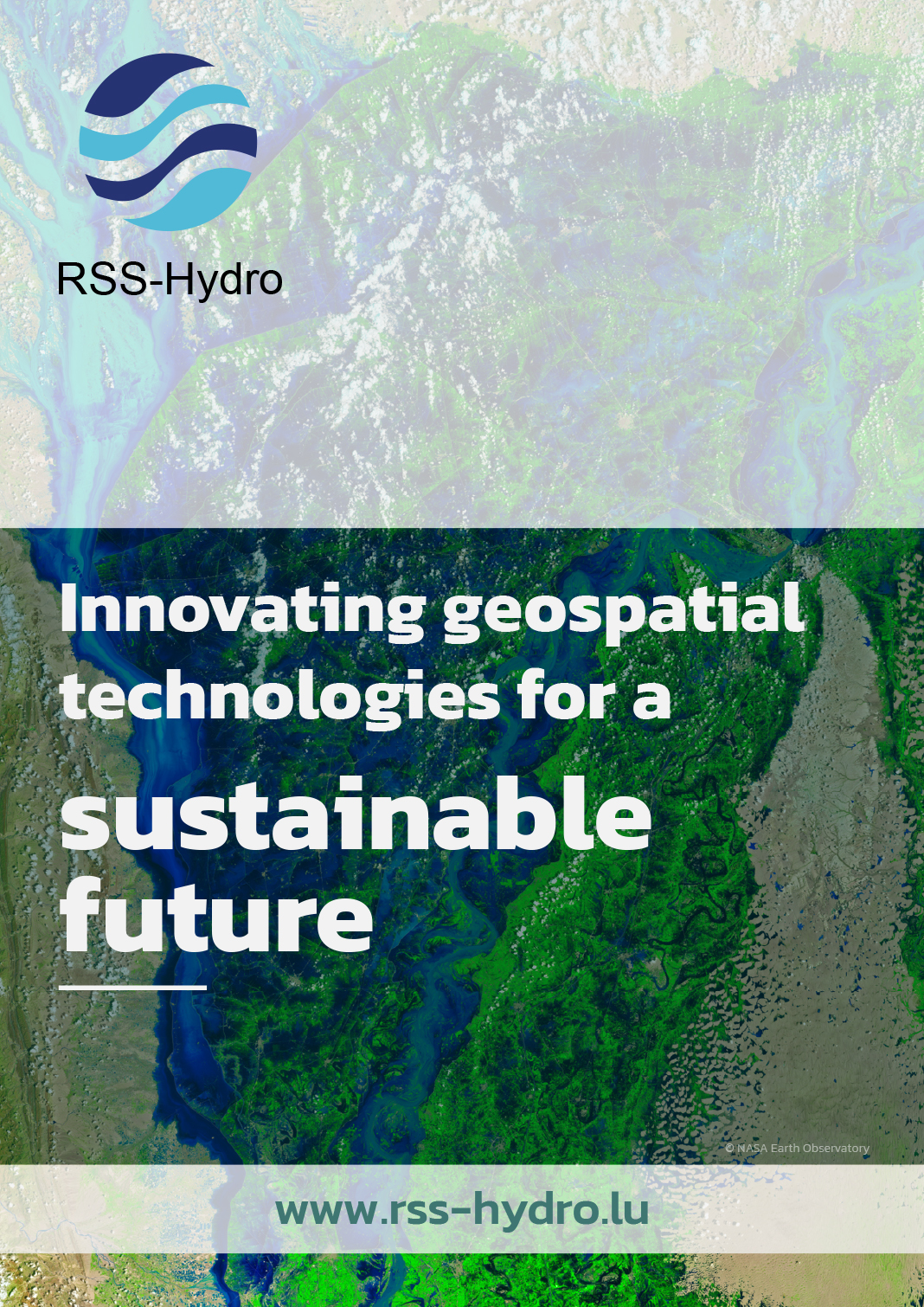In this eBook, RSS-Hydro explores the use of geospatial technologies for bringing about a sustainable future.
R&D company RSS-Hydro aims to make the world a more sustainable place through the use of geospatial technologies. Operating across geospatial fields, the company uses computer simulations, remote sensing, and satellite technology to offer innovative solutions for a sustainable future.
The company builds on transparency and strategic public-private partnerships to advance important issues like the sustainable development goals. RSS-Hydro publishes its methods and algorithms in open-access scientific journals, helping to better disaster management for all.
In this eBook, a series of articles are showcased to demonstrate RSS-Hydro’s work with geospatial technologies. The article extracts provide a snapshot of the company’s role in the industry, and show the importance of technology for disaster mitigation as the impacts of climate change progress.
Articles featured in the eBook
The first article explains that mapping is vital for disaster preparedness and response. AI and Machine Learning are making disaster mapping more sophisticated, but is also creating problems. As AI gains prevalence in society, RSS-Hydro argues that data sources must be authenticated and trusted.
Elsewhere in the eBook, the company argues that 3D visualisation techniques are key to reducing climate vulnerability and increasing climate resilience.
The third article takes a closer look at geospatial data proliferation, accessibility and sharing. As we enter an era of further digitalisation, new challenges related to procurement, storage, usage, and maintenance arise. To combat these problems, tailored procedures to address these challenges must be implemented.
Lastly, RSS-Hydro details the importance of early warning systems. The company explains that despite their relevance for countries around the globe, many places are not covered by such systems. For these systems to be put into place for everyone, data that remains inaccessible must be shared.
Innovating a range of geospatial technologies, RSS-Hydro aims for a more sustainable and resilient future.


